Mathematics II - RKXMA2EBNF
Academic year/semester: 2024/25/2
ECTS Credits: 6
Available for: All OU students
Lecture hours: 2
Seminarium:-
Practice: 2
Laboratory: 0
Consultation: -
Prerequisites: RKXMA1EBNF sign
Course Leader: Aurél Galántai Dr.Prof
Faculty: Rejtő Sándor Faculty of Light Industry and Environmental Engineering, 1034 Budapest, Doberdó utca 6.
Course Description:
Introduction of complex numbers. The most important types of ordinary differential equations and
construction of their solutions. Basic concepts of linear algebra. Vector geometry of the 3-dimensional
Euclidean space. Convergence in n-dimensional Euclidean spaces. Differential calculus of functions
in several variables. Geometrical problems connected to smooth curves and surfaces. Basic concepts
of mathematical statistics. Construction of the line of linear regression.
Competences:
Knowledge of general and specific mathematical, natural and social scientific principles, rules, relations, and procedures as required to pursue activities in the special field of environment protection. − In possession of state-of-the-art IT skills, being able to use professional databases and certain design, modelling, and simulation softwares depending on their specialty. − Able to participate creatively in engineering work based on their multidisciplinary skills, as well as to adapt to continuously changing circumstances. − Open to professional cooperation with specialists related to their profession but involved in other areas.
Topics:
Week 1
Lecture: Systems of linear equations. Gauss-Jordan elimination. Rank of a matrix.
Practical Work: Solvability of linear systems by elimination.
Week 2
Lecture: First order differential equations. General and particular solutions. Separable differential equations. First-order linear differential equations.
Practical Work: Initial problems for Separable Differential Equations and First Order Linear equations.
Week 3
Lecture: Second-order linear differential equations with constant coefficients. Damped and harmonic oscillations.
Practical Work: Initial problems for 2nd-order linear equations with constant coefficients.
Week 4
Lecture: Open, closed and bounded sets of Euclidean spaces. Convergence of point sequences. Limits and continuity of multivariate functions. The n-dimensional space. Multivariate functions (scalar fields), vector fields. Partial derivatives, gradient. The chain rule in several variables. Partial derivatives of order 2, Young\'s theorem, smooth curves, velocity field. Derivative in a direction. Total differentiability. Smooth surfaces, tangent plane, normal line.
Practical Work: Partial derivatives, derivatives in a given direction. Tangent plane and normal line.
Week 5
Lecture: Solution of Problems of Test 1.
Practical Work: Preparation for Test 1 (Solution of Problems).
Week 6
Lecture: Test 1.
Practical Work: Extrema of functions of two variables.
Week 7
Lecture: Hesse-determinant. Extrema of functions of two variables. Area and volume integral, calculation of volumes.
Practical Work: Area integral.
Week 8
Lecture: Line and surface integrals. Jacobi matrix. Divergence, curl. Vector field without sources and whirls. Scalar and vector potential. Stokes-type theorems.
Practical Work: Divergence, curl. Line integral, potential function.
Week 9
Lecture: Event algebras, probability fields. Geometrical probability. Conditional probability. The full probability theorem. Sampling with replacement and without replacement.
Practical Work: Line integral, potential function.
Week 10
Lecture: Random variables of discrete and continuous distributions. Expectations, standard deviations.
Practical Work: Sampling with and without replacement.
Week 11
Lecture: Binomial and hypergeometrical distributions, sampling. Exponential and normal distributions.
Practical Work: Basic properties of cumulative distribution function and probability densities.
Week 12
Lecture: Statistical samples. Sample average, empirical deviations. The equation of the regression line.
Practical Work: Preparation for Test 2 (Solution of Problems).
Week 13
Lecture: Test 2.
Practical Work: Sample average, empirical deviation, linear correlation coefficient. Regression line. Retake exercises.
Week 14
Lecture: Retake for signature.
Practical Work: Retake and Exam Exercises.
Assessment: Attendance at lectures: The rules of education and exam directory (TVSZ) are the guidelines. Exams and tests (types, data) Test #1 (week #6), Test #2(week #13). Requirements for qualification: Signature can be obtained if the sum of the points obtained in the two test is at least 40 % of the total of points. In the opposite case a supplementary test from the material of the two tests on week #14, and (if required) one more possibility at the beginning of the exam session, with similar percents. Type of exam (written, oral, tests etc.) and the method of assessment: Written exam from the material of the whole semester for max. 26 pts. Marking: 22-26: excellent (5) 18-21: good (4) 14-17: satisfactory (3) 10-13: pass (2) 0 - 9: fail (1)
Exam Types:
Written Exam
Compulsory bibliography: 1. Anton, H., Rorres, C.: Elementary Linear Algebra with Applications, 9e, Wiley, 2005, ISBN: 0-471-66959-8. 2. Thomas, G.B. et al.: Thomas’ Calculus, 11e, Addison-Wesley, 2005, ISBN: 0-321-18558-7. 3. Gilbert Strang: Linear Algebra for Everyone, Wellesley Cambridge Press, ISBN 9781733146630, 2020 4. Douglas C. Montgomery-Elizabeth -A Peck, G. Geoffrey Vining: Introduction to Linear Regression Analysis, Yohn Wiley & Sons, INC. ISBN 0 471 31565 6, 2001
Recommended bibliography: -
Additional bibliography: -
Additional Information: -



